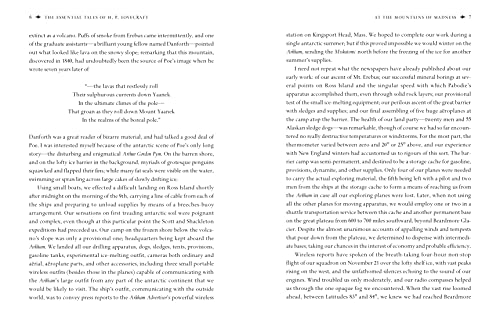The Wiggles: Ready Steady Wiggle Vol. 1
Category: Monster

The world's largest social media platforms, such as Facebook, Twitter, and Instagram, have become an integral part of our daily lives. These platforms offer a myriad of features that allow users to connect, share, and engage with one another. However, the ubiquity of social media has also given rise to concerns about its impact on mental health, privacy, and the spread of misinformation.
One of the primary concerns about social media is its effect on mental health. Studies have shown that excessive use of social media can lead to feelings of anxiety, depression, and low self-esteem. The constant exposure to carefully curated and often idealized content can create a sense of inadequacy and social comparison, leaving users feeling that their lives are not as fulfilling or exciting as those of their peers. Additionally, the dopamine-fueled feedback loop of likes and shares can become addictive, leading to compulsive use and further detrimental effects on mental well-being.
Another significant concern is the impact of social media on privacy. These platforms collect vast amounts of user data, including personal information, browsing history, and location data. This data is often used for targeted advertising, which can raise ethical concerns about the monetization of user information. Furthermore, the ease with which personal content can be shared and disseminated on social media has led to increased incidents of cyberbullying, harassment, and the non-consensual sharing of private information.
The spread of misinformation is another pressing issue in the social media landscape. The rapid dissemination of false or misleading content, often amplified by algorithms and user engagement, can have serious consequences. Misinformation can influence public opinion, sway elections, and even lead to the adoption of harmful or dangerous behaviors. Social media platforms have struggled to effectively combat the proliferation of misinformation, with some arguing that the business models and design choices of these platforms may actually incentivize the spread of sensational and divisive content.
Despite these concerns, social media also offers numerous benefits. It has the potential to facilitate meaningful connections, foster communities, and provide access to a wealth of information and resources. For many, social media serves as a platform for self-expression, creativity, and the sharing of important social and political messages. Additionally, social media has been instrumental in organizing and mobilizing social movements, amplifying the voices of marginalized groups, and raising awareness about critical issues.
As the influence of social media continues to grow, it is crucial that we approach its use with a balanced and critical perspective. While recognizing the benefits, we must also be mindful of the potential risks and work to ensure that these platforms are designed and used in a way that prioritizes user well-being, privacy, and the responsible dissemination of information. Ongoing research, regulation, and collaboration between social media companies, policymakers, and civil society will be essential in addressing the complex challenges posed by the ubiquity of social media.
product information:
| Attribute | Value |
|---|








